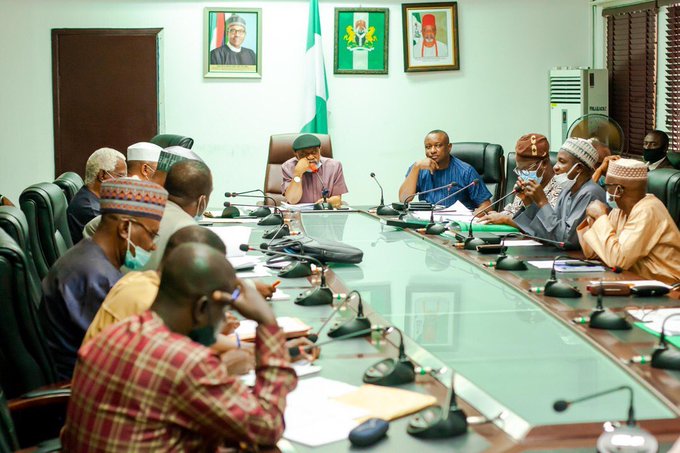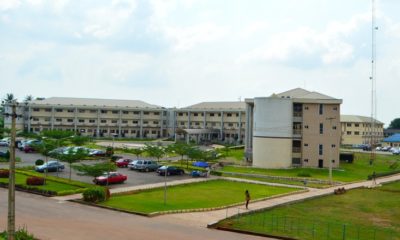The President of the Academic Staff Union of Universities, Prof Biodun Ogunyemi, on Thursday, laments losing members of the union to private universities due to the ongoing ASUU strike and government refusal to meet the union demands.
He said that court threat from the government cannot happen with university scholars, the Union president affirmed this while featuring on a television program today in Abuja.
He said, “Talking about options, whether they want to go to court and intimidate the union to surrender. You don’t do that with scholars, no country has ever survived it because we have options too.
“We talk about brain-drain now, I can tell you authoritatively that within the last two months, 25 scholars in the North-East have been harvested by this university in Yola. We know the owner. That is how it is happening, the private universities are poaching the public universities now because they can only thrive when the public universities crumble.
“We are also aware that some few months back, Ethiopia came to Nigeria, and harvested as many as 200 professors and they are still looking for more. I don’t know if the government wants their appointees to start teaching the students. Of course, many of them don’t have their children in public universities, that is why they cannot feel it. Our scholars are our national assets and we should not allow them to be decimated.”
ASUU president further said that the union will play an active role to ensure that the integrity test process being conducted on the proposed payment software platform by ASUU, University Transparent and Accountability Solution (UTAS), will not be delayed by the union nor the government.
Prof. Ogunyemi explained that the integrity test being conducted on UTAS would not last more than one week if the government “is conscientious about the process”. This was contrary to the statement made by Chris Ngige, Minister of Labour and Employment.
In a meeting held on Tuesday at Abuja, the Minister had informed the State House correspondents that the Nigeria Information Technology Development Agency (NITDA) was conducting the integrity test on the software and it would be completed within six to eight weeks.
However, Prof. Ogunyemi reacted to the statement, he said that “On UTAS, I want to say that this thing about six, eight weeks is unfounded. I want to tell you categorically is if the government is sincere and conscientious about the process in motion now, within one week, we can put the integrity test behind us.”
“As of yesterday (Wednesday), we did a practical demonstration with more than 30 experts in NITDA, UTAS was demonstrated at NITDA yesterday and none of the experts faulted it. And with that, we are good to go.
“UTAS has no problem, UTAS has no blemish, UTAS is far higher in integrity, content, and validity over the IPPIS. There is no basis for comparison. So, let no government official, no matter how highly placed slow down the process, otherwise, our members will resist it with all legitimate means,” Ogunyemi explained.

 Forex3 weeks ago
Forex3 weeks ago
 Naira3 weeks ago
Naira3 weeks ago
 Billionaire Watch3 weeks ago
Billionaire Watch3 weeks ago



 Naira3 weeks ago
Naira3 weeks ago






 Naira2 weeks ago
Naira2 weeks ago




 Naira2 weeks ago
Naira2 weeks ago




 Naira4 weeks ago
Naira4 weeks ago






 Naira1 week ago
Naira1 week ago






















